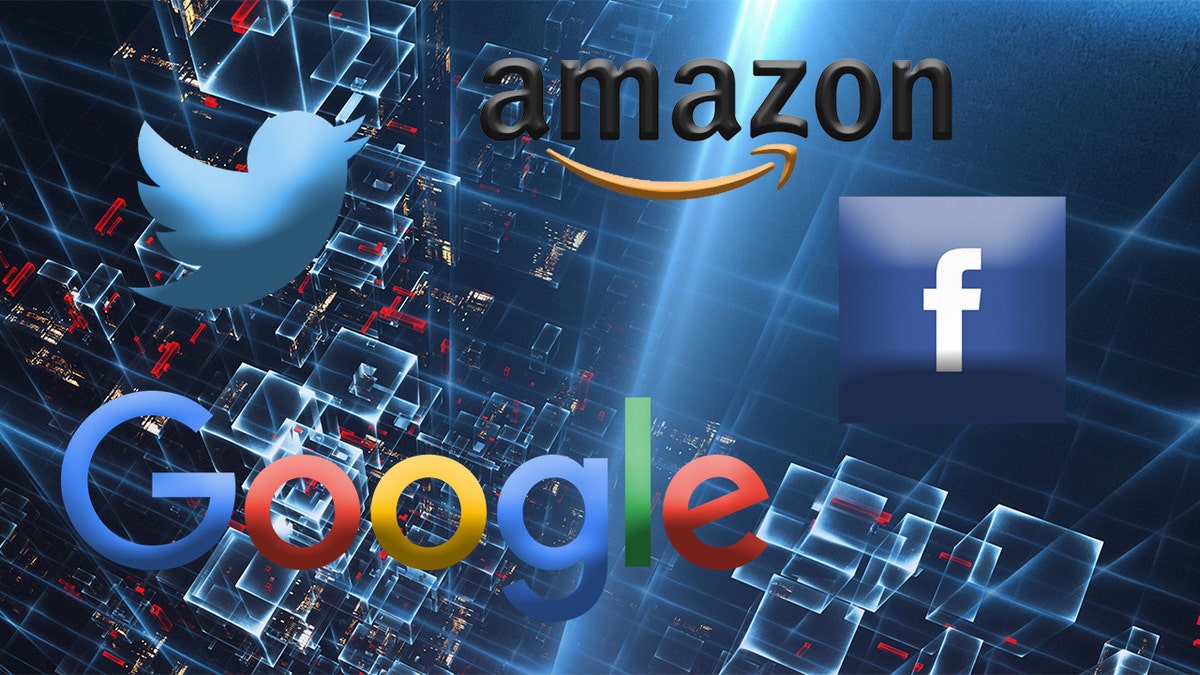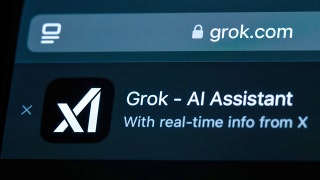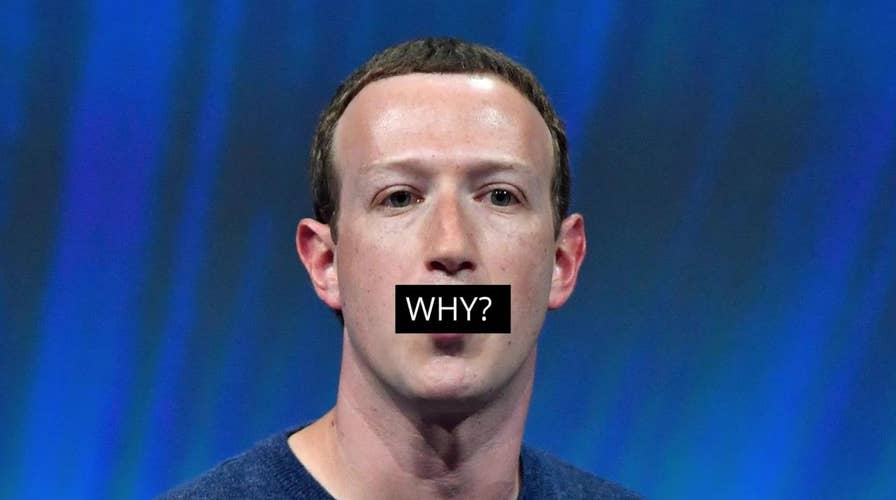Big Tech would love to forget 2018.
From slowing growth and calls for CEOs to step aside to privacy breaches and increased scrutiny about hate speech and misinformation, there was no shortage of internal and external problems at Facebook, Twitter, Google and Amazon.
The following list, therefore, is far from comprehensive, but it does provide insight into what controversies and problems will likely continue to plague Big Tech in 2019.
Tech workers revolt
Google, Facebook and Twitter all saw their dirty laundry aired this year thanks to employees who leaked internal emails and video, published internal memos and signed petitions demanding better benefits or more ethical practices. Former Facebook employee Mark Luckie, who worked at the social network as a strategic partner for influencers focused on underrepresented groups, published a memo saying the company has a "black people problem" and is failing its black users and employees.
At least 17,000 Google employees staged a walkout demanding wage equality, revamped sexual harassment policies and more focus on race and gender-based discrimination at the search giant. Although Google has responded to some of the group's demands regarding forced arbitration for sexual harassment cases, others have not been acted upon. Hundreds of Google employees also pushed back against the company's reported plans, now apparently scuttled, for a censored Chinese search engine.
A slew of prominent tech industry insiders blasted the addictive qualities of social media and the massive scale of giants like Facebook and Google, with some, including the founder of the World Wide Web, calling for Big Tech's breakup.
GOOGLE'S CHINA SEARCH ENGINE PROJECT 'EFFECTIVELY ENDED': REPORT
Bias audits
Big Tech also didn't catch any breaks on either side of America's ideological divide. Republicans continued to hammer away that Google was actively suppressing conservative content or skewing its search results, grilling CEO Sundar Pichai about it last week during his House of Representatives hearing. Pichai said the search giant's employees and algorithms are not politically biased.
Meanwhile, Facebook, which is conducting an audit of alleged anti-conservative bias, also saw 100 employees complain about the company's "political monoculture" in August. The audit won't be completed until next year, but the Mark Zuckerberg-led company has not committed to publicly releasing the audit's results. That stands in contrast to Facebook's civil rights audit, which was pushed for by advocacy groups such as Color of Change.
The Menlo Park, Calif.-based firm has promised to update the public on the civil rights audit by the end of this year in the wake of its employment of a GOP-tied opposition firm that critics say used anti-Semitic tropes to target liberal financier George Soros after he called the platform a "menace" to society.
Amazon vs. Big Apple Liberals
Amazon hit a brick wall known as Big Apple Democrats in its quest to build a massive campus, known as HQ2, for 25,000 workers on the waterfront in Long Island City, Queens. The deal between Jeff Bezos' company and New York includes tax breaks and perks (including a widely-derided helipad) worth up to $3 billion.
Critics including Congresswoman-elect Alexandria Ocasio-Cortez and several Democrats on the New York City Council have demanded more transparency, a series of public hearings and a repurposing of some of the Amazon-alotted funds to public goods such as mass transit or affordable housing.
Despite the pushback, Amazon is still slated to open up its New York-based HQ2 (along with its Northern Virginia counterpart) in the not-too-distant future, but certain aspects of the deal could be modified.
US UNABLE TO DEFEND AGAINST RUSSIAN AND CHINESE HYPERSONIC WEAPONS, REPORT WARNS
Real-world violence
Social media companies increasingly saw their platforms weaponized in ways that led to real-world violence or the potential for bloodshed, which is something advocates have warned about for many years.
A series of false rumors spread on Facebook-owned WhatsApp led to more than 20 people being lynched in India. Cesar Sayoc, who stands accused of sending 13 pipe bombs through the mail to a range of prominent Democrats and critics of President Trump, trafficked in conspiracy theories, white supremacy and anti-Semitism on his Facebook profile. Robert Bowers, the 46-year-old man accused of murdering 11 people at a Jewish synagogue in Pittsburgh, posted that Jews were "the enemy of white people" on far-right social platform Gab.
Meanwhile, Facebook stands accused of allowing its platform to be used for "ethnic cleansing" by the Myanmar military, which has targeted the country's mostly Muslim Rohingya minority group with severe violence. And Twitter was just blasted by Amnesty International for allowing racism, misogyny and homophobia to flourish unchecked on its platform.

Tech CEOs grilled (Or given the empty chair treatment)
Facebook's CEO said he didn't know or would have his team look into it dozens of times during April testimony on Capitol Hill, being questioned by lawmakers about the Cambridge Analytica data scandal, the viral spread of hate speech and Russian meddling on the platform. Although Zuckerberg seemed to emerge unscathed, the company's stock has not been so lucky. Shares are down sharply this year due in part to slowing or declining user growth in some parts of the world, critics calling for a leadership shakeup and the NAACP is making a #LogOutFacebook push over privacy violations and the company's treatment of African-Americans.
Notably, Zuckerberg refused to testify before a grand hearing on misinformation in Europe, choosing to send another executive.
Google's CEO did testify before House lawmakers last week, in a somewhat strange appearance that was filled with weird moments and focused mostly on accusations of bias against conservatives.
The Russia connection
Lastly, two new reports produced for the U.S. Senate revealed that Russia's influence campaign during the 2016 presidential election was a sophisticated and multifaceted effort to target the African-American community and sow political division among the public across social media platforms.
The nefarious effort spanned Facebook, Google, Twitter, Google-owned YouTube and Facebook-owned Instagram. It reached 126 million people on Facebook, posted 10.4 million tweets on Twitter, uploaded over 1,000 videos to YouTube, and reached over 20 million users on Instagram. "The IRA created an expansive cross-platform media mirage targeting the Black community, which shared and cross-promoted authentic Black media to create an immersive influence ecosystem," one report states.
Although each company has taken down pages and removed bots, or implemented policy changes around election integrity, most also acknowledge that Russian efforts to subvert U.S. democracy are ongoing and unlikely to stop.









































